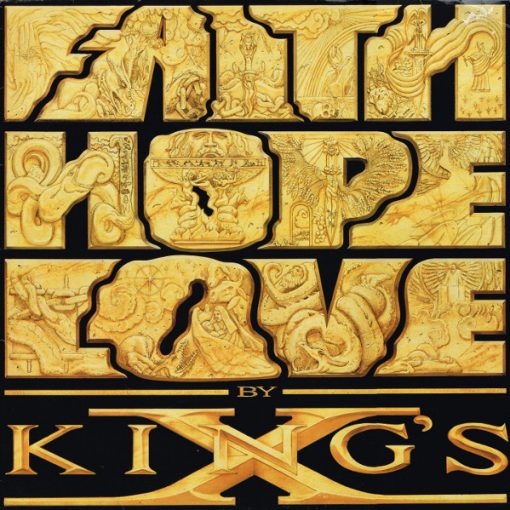Warning: This short post is the definition of pedantic. I am going to quibble with the use of the word “sovereign” as applied to God by many Reformed theologians.

It is not surprising that exploring the topic of suffering and grace has led me to consider questions of humanity’s free will, predestination, and God’s sovereignty. For many, the origins and purpose of suffering are directly related to the latter, God’s control over all of creation and history. If God is truly “sovereign” then all events in our lives are controlled and dictated by God.
God truly is sovereign . . . there is no situation, relationship, or circumstance that is not controlled by our heavenly Father.
Paul Tripp, Lost in the Middle
That quote from Tripp was cited by Paul Miller who, writing on The Gospel Coalition site, [mfn]Which is a bit surprising, since so many of the people who hold the view being critiqued are members of TGC such as Justin Taylor and John Piper.[/mfn] has already beaten me to this topic and has written well that this use of the word “sovereign” simply does not match any dictionary or normal use of the term.
The problem is that the English word sovereignty does not mean control. The U. S. government is sovereign within American territory, but that doesn’t mean the government controls everything within American borders or causes all that happens. If you look up sovereignty in the dictionary you’ll not find control in the definition—nor even as a synonym in a thesaurus. Sovereignty means “rightful authority.”
Paul Miller, “Is ‘Sovereign’ the Best Descriptor for God?” [mfn]It is a very interesting piece and well worth reading in full. For example, his comment that “I speculate that theologians began describing God as sovereign rather than King or Lord after the Glorious Revolution and the American Revolution when monarchy began to fall out of favor and notions of popular sovereignty began to take root.”[/mfn]
This is the issue I keep running into as I read Reformed authors trying to untangle the problem of human suffering and a gracious God. To say that a king is sovereign over a people is not to say that he controls every aspect of a person’s life, but that he has authority over their lives. In a biblical context such rulers did indeed have absolute authority. A king or his emissary could enter into a home and take whatever they wanted, even the life of their first-born son. But they did not dictate every last detail of a person’s life.
This notion of God’s sovereignty derives from such biblical analogies with human kings who had absolute authority. Many Reformed theologians, however, have extended the definition to mean absolute control. No doubt they were led by the myriad of biblical verses that tell us of God’s direction and guiding hand in our lives, but as I have suggested before that evidence does not necessarily lead to the conclusion that God does control every single moment, decision, action, and choice. At issue, particularly with respect to the problem of suffering, is the extent of God’s interaction and direction of our lives. D. A. Carson summarizes it nicely while introducing the term “compatibilism.”
The Bible as a whole, and sometimes in specific texts, presupposes or teaches that both of the following propositions are true:
1. God is absolutely sovereign, but his sovereignty never functions in such a way that human responsibility is curtailed, minimized, or mitigated.
D. A. Carson, How Long, O Lord?
2. Human beings are morally responsible creatures—they significantly choose, rebel, obey, believe, defy, make decisions, and so forth, and they are rightly held accountable for such actions; but this characteristic never functions so as to make God absolutely contingent.
DAC writes this in Chapter 11, “The Mystery of Providence.” The irony is that Miller, in his otherwise excellent critique of the use of “sovereignty” comes back to insisting that God does not just have authority, but actively controls every jot and tittle. Miller simply assigns it to “providence.”
Once again, it is true God is sovereign. It’s also true he’s in control of everything that happens and he causes all that happens. But that is the doctrine of God’s providence, not his sovereignty.
Paul Miller
It is, as he confesses, a splitting of hairs, since in Reformed circles the terms are largely interchangeable (as in DAC’s work). In any event, he is correct that “sovereignty” and its biblical antecedents affirms the authority of God over all Creation, it means that God could actively control all things. Yet God has granted humanity freedom which we often exert to our and our world’s detriment. Graciously, God may intervene. Through the sacrifice of Jesus he has, bringing salvation to all the world.





One thought on “Confusion is Sovereign”
Yes! I think this is a key issue in the discussion. I regularly run into those who want to accuse me of not taking the sovereignty of God seriously if I don’t affirm meticulous divine control of all the details of life.